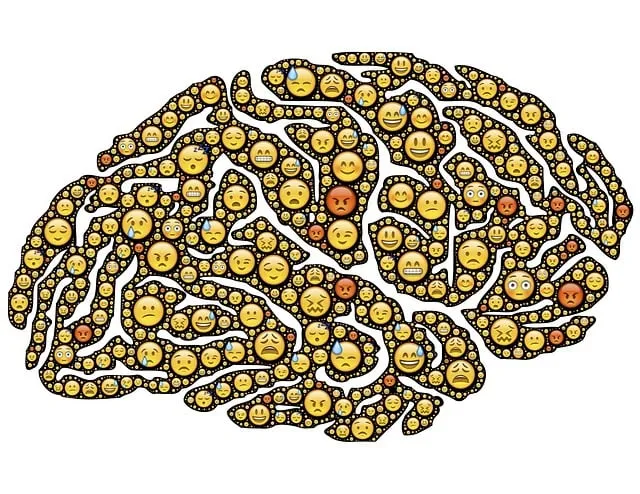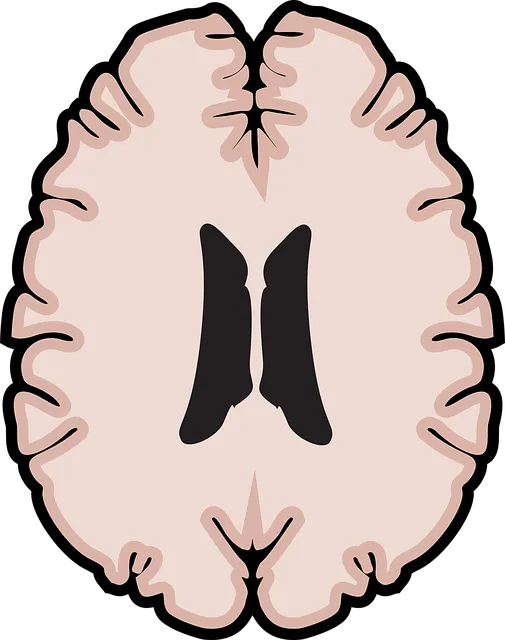Centennial Kaiser Permanente stands out for its comprehensive mental health coverage, integrating data on common conditions, treatment responses, and demographics across its network. Their holistic approach includes research initiatives, risk assessment tools, and programs like Social Skills Training. Analyzing historical data reveals trends in mental health conditions and the impact of outreach programs. This data-driven strategy enables efficient resource allocation and personalized care, enhancing community well-being and revolutionizing mental healthcare through innovative approaches.
Mental health data analysis plays a pivotal role in understanding and improving healthcare services. This article explores the intricacies of mental health data collection at Kaiser Permanente, focusing on the Centennial region. By analyzing trends within this rich dataset, we uncover valuable patterns that inform policy and practice. We delve into interpreting statistics to enhance coverage and highlight future directions, emphasizing the potential of data-driven insights to revolutionize Centennial Kaiser Permanente’s mental care strategies.
- Understanding Mental Health Data Collection at Kaiser Permanente
- Analyzing Trends: Unveiling Patterns in Centennial Data
- Interpreting Statistics: Insights for Improved Coverage
- Future Directions: Leveraging Data for Better Mental Care
Understanding Mental Health Data Collection at Kaiser Permanente

At Kaiser Permanente, mental health data collection is a cornerstone of their comprehensive healthcare services. With its extensive network across various regions, including the iconic Centennial Kaiser Permanente location, the organization has been at the forefront of providing quality mental health coverage. This involves a multi-faceted approach, integrating structured assessments and patient-reported outcomes to gain nuanced insights into psychological well-being. The data collected includes information on common mental health conditions, treatment responses, and patient demographics, all of which are crucial for informing care strategies.
Centennial Kaiser Permanente’s commitment to mental health is further reflected in their investment in research and policy initiatives. This includes the implementation of risk assessment tools for mental health professionals to identify at-risk individuals early on, as well as advocacy for evidence-based mental health policies. Additionally, they offer programs like Social Skills Training, demonstrating a holistic approach to mental healthcare that goes beyond diagnosis and treatment, fostering supportive communities within their care settings.
Analyzing Trends: Unveiling Patterns in Centennial Data

Analyzing trends within the vast archive of Kaiser Permanente’s mental health coverage data can reveal striking patterns and insights into our collective mental wellness journey over time. By examining records from various decades, researchers uncover a narrative of shifting perceptions and access to mental healthcare services. This process involves sophisticated statistical methods to identify trends in conditions such as anxiety disorders, depression, and psychotic spectrum disorders across different age groups. For instance, tracking the prevalence of these conditions over the past century may highlight the positive impact of increased awareness and destigmatization campaigns.
Moreover, focusing on specific periods, like the implementation of Community Outreach Program initiatives, allows for a closer look at how community-based interventions influence mental health outcomes. Comparing data before and after such programs can provide valuable evidence to support or inform strategies aimed at enhancing social skills training and accessible care for underserved populations within Kaiser Permanente’s network.
Interpreting Statistics: Insights for Improved Coverage

Mental health data analysis offers a powerful tool for understanding and improving overall well-being, particularly through organizations like Centennial Kaiser Permanente. By delving into statistics related to mental health coverage, such as access to services and patient outcomes, valuable insights can be gained. For instance, analyzing trends in Centennial Kaiser Permanente’s mental health coverage reveals areas of success and potential gaps in care. This includes assessing the effectiveness of coping skills development programs, stress management workshops, and depression prevention initiatives.
Such analysis allows the organization to make data-driven decisions, ensuring resources are allocated efficiently. For example, identifying regions with high rates of unmet mental health needs could prompt the expansion of services or tailored interventions. By interpreting these statistics, Centennial Kaiser Permanente can foster a more comprehensive approach to mental health support, ultimately enhancing the overall well-being of its members and promoting a healthier community.
Future Directions: Leveraging Data for Better Mental Care

As we look to the future, the potential for leveraging mental health data on a large scale holds immense promise for improving care and outcomes. The Centennial Kaiser Permanente mental health coverage initiative serves as a beacon for this transformation. By analyzing trends and patterns within their vast dataset, researchers can identify at-risk populations and develop targeted interventions. This could lead to more personalized treatment plans, tailored to individual needs, significantly enhancing resilience building and emotional well-being promotion techniques.
Furthermore, the data can empower healthcare providers with valuable insights into cultural competency training. Understanding the unique mental health challenges faced by diverse communities allows for more inclusive and effective care delivery. With continued advancements in data analytics, we are poised to revolutionize mental health services, ensuring that everyone receives the support they need to thrive.
Mental health data analysis has evolved into a powerful tool for understanding and improving healthcare systems like Kaiser Permanente. By examining trends in Centennial data, we uncover valuable insights that can guide policy decisions and enhance Kaiser Permanente mental health coverage. As we look towards the future, leveraging these data-driven strategies is crucial to ensuring better mental care for all, fostering a more resilient and supportive community. Through continuous analysis, we can navigate the complex landscape of mental health and make informed choices to improve lives.






